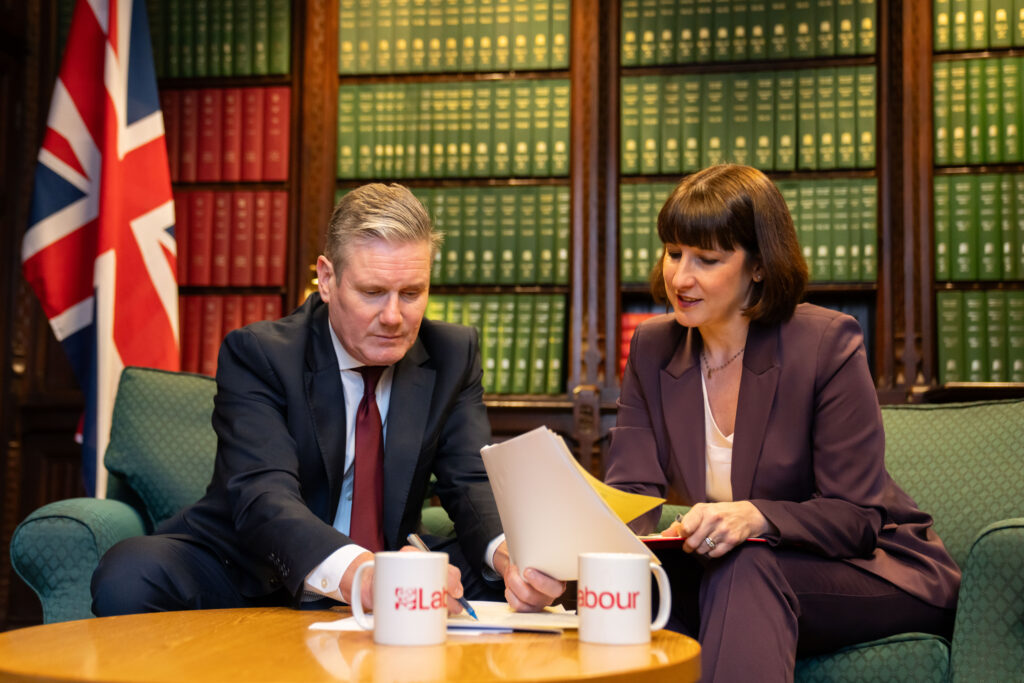Britain is Facing a Bleak Economic Picture: Rachel Reeves Must Reverse Her Reckless Budget Decisions Before It Is Too Late
James reviews the impact Rachel Reeves budget, and suggests it might be time for dramatic review.

Image Credit: Keir Starmer via Flickr
Back in October I wrote an article praising Keir Starmer and his government for some brave and bold decisions took by himself in the early stages of his tenure, despite much criticism from both the left and the right. Since then, things haven’t got much better for him or his government, with the latest scandal around grooming gang inquiries adding to his already exhaustive list of problems.
However, one issue where I believe the government has got this issue severely wrong is the changes to both Employer National Insurance contributions and the National Minimum Wage from April. Despite repeated warnings from some of Britain’s biggest retailers, Rachel Reeves seems determined to power through with these damaging policies to Britain’s already fragile economy.
Reeves has been right to call out years of stunted growth in Britain, holding back investment and making us poorer. Yet the policies which she wishes to implement in April will only make the situation worse, not better. Latest figures show the UK economy shrinking by 0.1% in October, put down to measures in the budget.
Next this week warned of price rises as a result of rising costs as a result in rising National Insurance contributions and the Minimum Wage. This comes alongside similar warnings from other big high street brands such as M&S and Tesco.
The investment in the UK Rachel Reeves and the Labour government seek will only come if she and Keir Starmer make it enticing to invest in the UK, which these current rises in National Insurance and National Minimum Wage do not.
It’s time an honest conversation was had about continuous, annual rises to the National Minimum Wage and the real risk of creating a wage price spiral. Not only do employers have to raise the hourly rate which they pay those on the NMW, they also have to raise those that they pay on employees on bands above the NMW, perhaps in lower-level management positions, to incentivise employees to take those jobs.
People may have little sympathy for big high street retailers, many of which have boasted about having record profits and great Christmas’, yet it is not just these businesses it affects. It hits those who own Small and Medium Enterprises the hardest, the independent restaurants, cafés and hairdressers, for example.
Reeves should not take all the blame for this however, some blame must be placed on the previous Conservative government and their reckless election-offering of a 2% cut in employee National Insurance contributions just before the election. Reeves should have been honest before the election and said she would reverse this cut when she returned to office, for the good of the country.
Reeves claim of a ‘£22 billion’ blackhole is also becoming somewhat tiresome now, given civil service talks with the official opposition pre-election and the Office for Budget Responsibility figures telling the true picture of the national finances. Claims of ‘opening the books and finding the true picture’, hold little to no water I’m afraid.
If Reeves doesn’t want to go down as a Chancellor who stunted growth in Britain, presiding over rising unemployment and a recession, then I suggest she thinks carefully about these measures before they come into effect in April.
Words by James Childs
Cover Image Credit: Keir Starmer via Flickr
